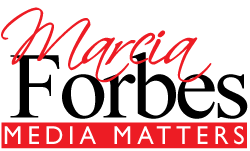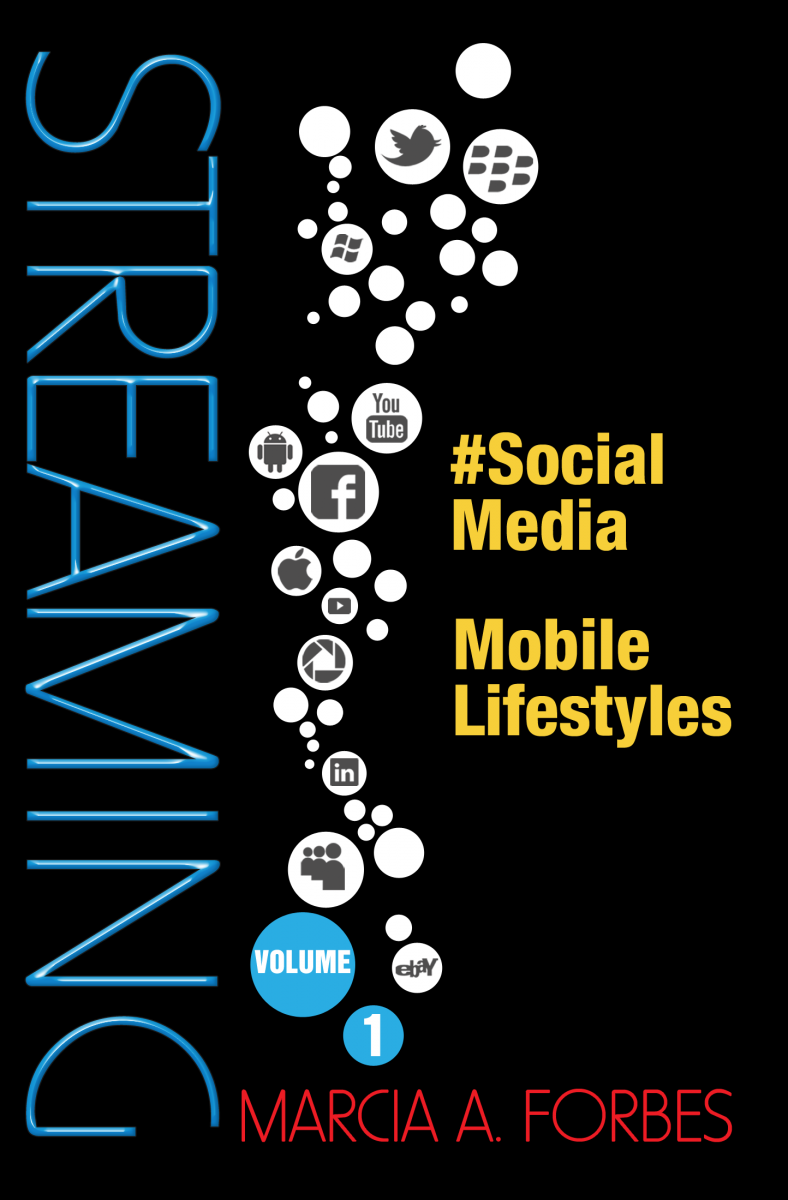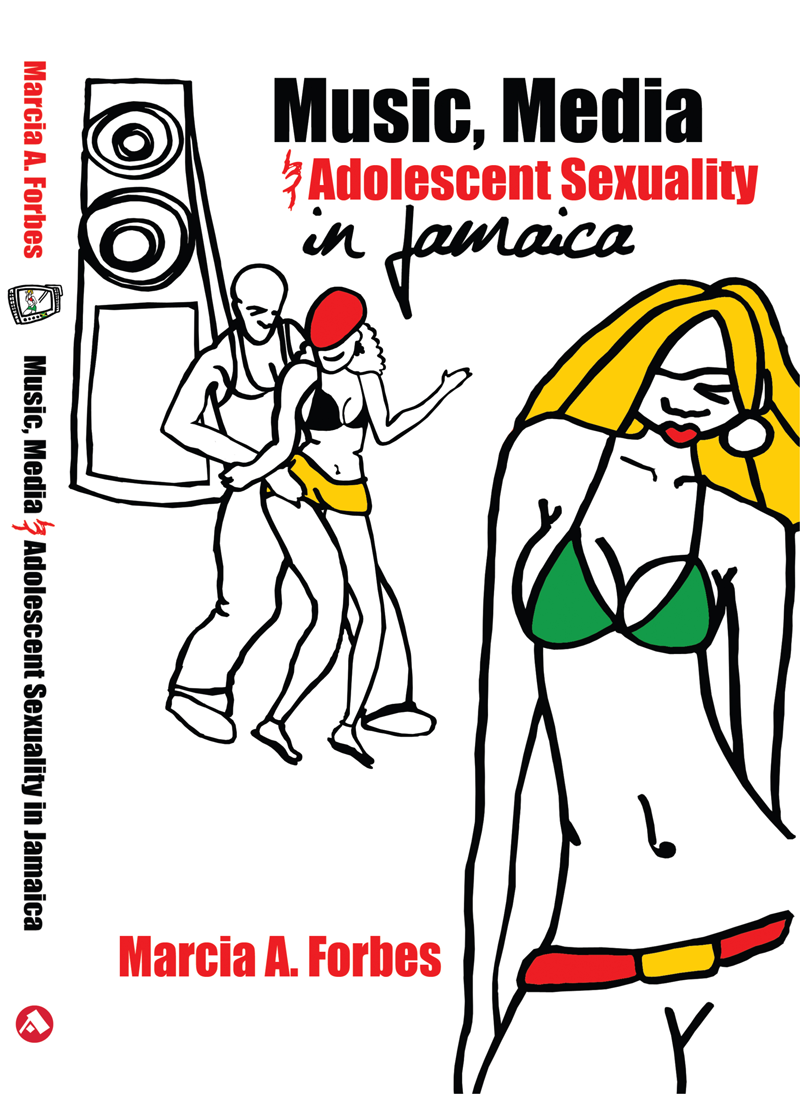A New Generation Weighs in --The Battle of Reggae v/s Dancehall
At the beginning of my research on the possible influence of television on the sexual culture of Jamaican adolescents, I told myself that I had absolutely no intention of getting embroiled in any controversy surrounding Reggae versus Dancehall.  There are numerous experts in that area and I had no interest in joining them.
There are numerous experts in that area and I had no interest in joining them.
Because of the critical role which music plays in our culture, however, and the ways in which locally produced music videos have pride of place on local cable TV, it seemed inevitable that I would be draw into some discussion of our indigenous music forms. So without wanting to, as I delve deeply into data analysis I find myself in a position of having to assess the merits of Reggae versus Dancehall at they relate to the ways in which young people interpret their messages.

I must admit that as far as this medium (newspaper) is concerned, I’m opting for the coward way out. So I will simply pull out excerpts from in-depth interviews and focus group sessions conducted with adolescents which will highlight their views on each music form—Reggae and Dancehall. You be the judge. Which would you choose for your children? And as you do this think about the comment from a 17 year old upper middle class boy, “You tend to be more loyal to the Jamaican artist that you might even personally know than to the foreign artistes.”
Of note is that I have applied all the ‘scientific safeguards’ to ensure that the excerpts presented are valid and reliable and not just extreme cases or the views of a few adolescents. Of note as well is that focus groups sessions were conducted with adolescents from across several parishes, including deep rural ones. While the interviews included Kingston and St. Andrew only, there were equal numbers of males and females as well as adolescents from very poor homes as there were from rich homes.
I’ve picked out the most frequently mentioned aspects pertaining to dancehall and reggae for highlight in this article. For dancehall it’s gender relations while for reggae it’s “message music”.
Gender Issues in Dancehall


Adolescent--“I don’t like Vybz Kartel’s lyrics”
Researcher-- Any of his lyrics
Adolescent—“All of his lyrics” (disgust in voice)
Researcher-- Well tell me what it is about Vybz Kartel’s lyrics that you don’t like
Adoelscent--(Looks down at table) “Well (pause) he talks about girls in a way that I don’t like.”
Researcher--How it makes you feel?
Adolescent-- (Pause) “Disgusted so I don’t like it.” (upper middle class 11 year old female)
The young girl from inner-city Kingston explained that she really liked Vybz Kartel, especially one particular love song he did. Although she enjoyed listening to him, note her line of reasoning.
Adolescent--“Feel good still but in a way they are bad”
Researcher-- Which ones are bad?
Adolescent-- “The ones they sing about woman this and that and those things”
Later “… ‘tek’ one and then they have a next one bout tight pussy gyal”
Researcher-- How that one make you feel?
Adolescent—“Disgusted”
Q What’s disgusting about it?
Adolescent-- “‘Cause he’s talking about how woman vagina stay and those things… and I’m a female myself so I gwein feel a way.”
Research’s note--Despite feelings of ‘disgust’ she would dance to Vybz’s songs with her female friends.
So we see the very same word ‘disgust’ being used by adolescents from two ends of the socio- economic spectrum to describe the lyrics of an extremely popular male DJ, Vybz Kartel. In reference to female DJ Macka Diamond, the same girl from inner-city Kingston commented on the manner in which Macka Diamond incited women to disrespect men. “How dem a one minute man….she a talk ‘bout yu can’t sex good and as yu go in yu come back out and those things.” (lower class 13 year old female)
economic spectrum to describe the lyrics of an extremely popular male DJ, Vybz Kartel. In reference to female DJ Macka Diamond, the same girl from inner-city Kingston commented on the manner in which Macka Diamond incited women to disrespect men. “How dem a one minute man….she a talk ‘bout yu can’t sex good and as yu go in yu come back out and those things.” (lower class 13 year old female)
 economic spectrum to describe the lyrics of an extremely popular male DJ, Vybz Kartel. In reference to female DJ Macka Diamond, the same girl from inner-city Kingston commented on the manner in which Macka Diamond incited women to disrespect men. “How dem a one minute man….she a talk ‘bout yu can’t sex good and as yu go in yu come back out and those things.” (lower class 13 year old female)
economic spectrum to describe the lyrics of an extremely popular male DJ, Vybz Kartel. In reference to female DJ Macka Diamond, the same girl from inner-city Kingston commented on the manner in which Macka Diamond incited women to disrespect men. “How dem a one minute man….she a talk ‘bout yu can’t sex good and as yu go in yu come back out and those things.” (lower class 13 year old female)
One 17 year old upper middle class male stoutly defended dancehall music and videos noting that —“…some people might exaggerate on it and call things that I wouldn’t call slackness slackness.” He nevertheless had this to say about female DJs like Macka Diamond and Ce’Cile.
Adolescent-- “their independent life and having all this to themselves and the man in the video is usually someone that, it’s usually a break up song, and they say they’re independent and can do without him and it’s shown as guys are just dispensable now.” Researcher-- How do you feel about that?
Adolescent-- “I don’t like them ‘cause I feel disrespected…”
Questioned about how he thinks his sister would feel when she hears certain songs which disrespect men, he responded, “I think she has enough sense to know that that’s not really how the real world works…Macka Diamond has her man and she’s not burning him.”
Females feel disgusted when they hear certain types of dancehall lyrics. Males feel disrespected. There is a marked difference not only in the nature of the emotion felt but also in the perceived reality behind it. For females, whether downtown or uptown, the disgust is real, that’s how the real world runs! In contrast, males know that even though they feel disrespected, “that’s not how the real world works.”
Reggae as ‘Culture Music’

Adolescent-- “Reggae! You no see, them nuh have no bad word inna de song, a more culture like from Bob Marley. Now you have Lucianna, dem people deh. Them nah sing ‘bout dem a kill nobody or anything. Dancehall now everything you hear, like a line, you hear bad word and dem a talk about shoot, who dem a go shoot from who them nah shoot.” (lower class 17 year old male)
Adolescent--“(Reggae) it’s actually talking about life sometimes you know how Jamaican music get better and stuff.”
Researcher’s note—He prefers dancehall.
Adolescent-- “because it’s the in thing now and everybody -- I think it sounds good to” (upper middle class 13 year old male)
Adolescent-- “Reggae is more Rastafari and them culture and them country and so” (lower class 15 year old female)
Adolescent-- It’s good, you might think about what they say and you might think about who you are” (upper middle class 13 year old female)
Adolescent--—“Reggae sing ‘bout Jamaica and those things. Dancehall, them DJ. Reggae them no sing like bad-man song.” (lower class 11 year old male)
Researcher’s note--Yet dancehall is his favourite!
I am in no way encouraging death to dancehall. The music form has many things to recommend it, not the least being that it actually serves as a bridge over the chasm which separates uptown from downtown. Were it not for dancehall there may otherwise be very little common ground between the two widely separated social classes of rich and poor Jamaicans. Notwithstanding their protestations and claims sometimes to the contrary, it is clear from my research data that upper middle class youths are actively engaged with dancehall music.
Despite their numerous negative perceptions about dancehall, paradoxically, adolescents across the board nevertheless love this music genre. They definitely prefer it to the respectable but ‘retiring’ reggae. It’s a case not just of forbidden fruit, but also of the infectious, irreverent nature of dancehall. It makes them ‘jiggy’ and in the mood to dance. It’s a generational thing.
“True (through/because) them have influence, they must not use it to bring across the wrong things to youths” (lower class 17 year old male). Instead he felt DJs should “tell them (youths) that dem no fi use violence fi make it inna life.” Nuff said!


